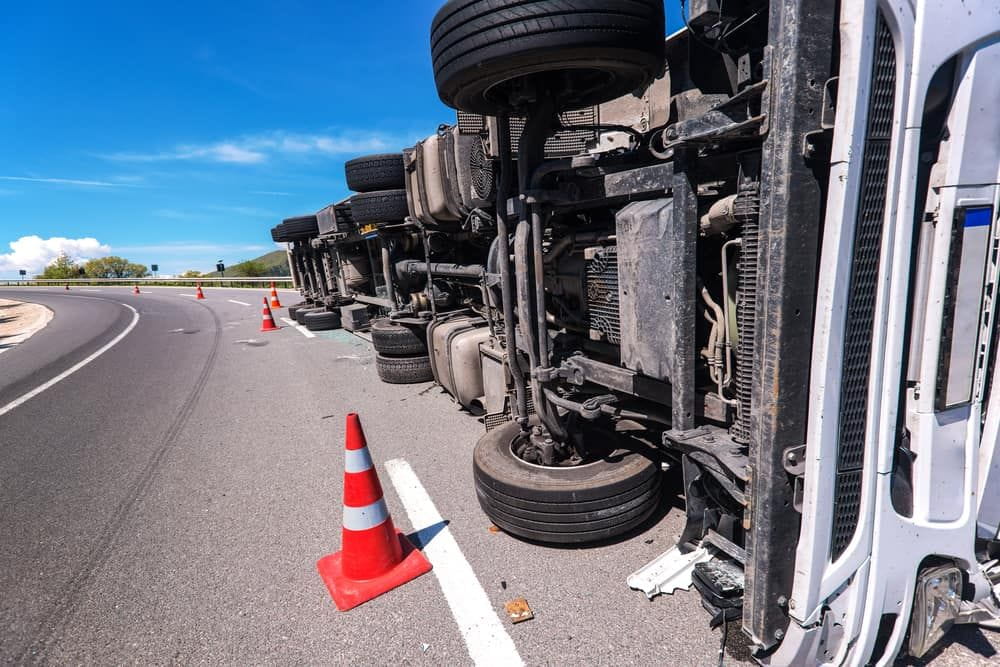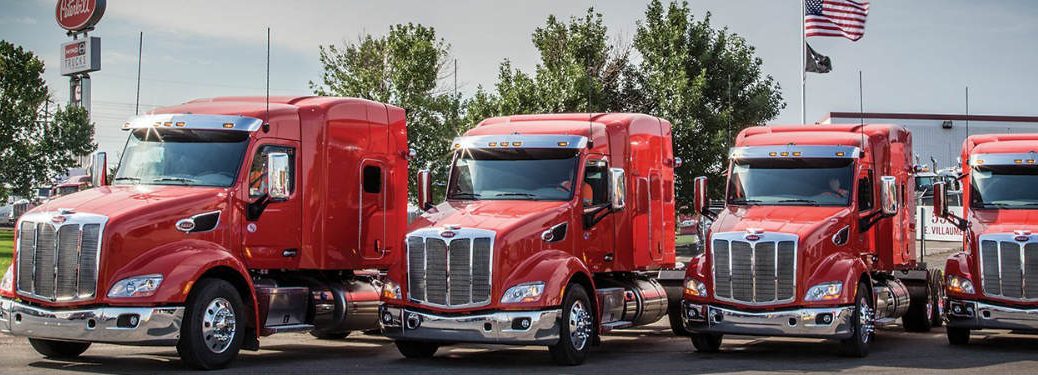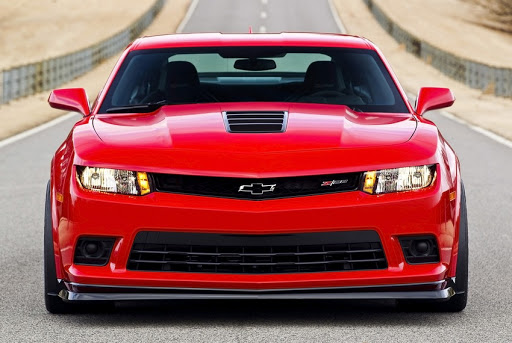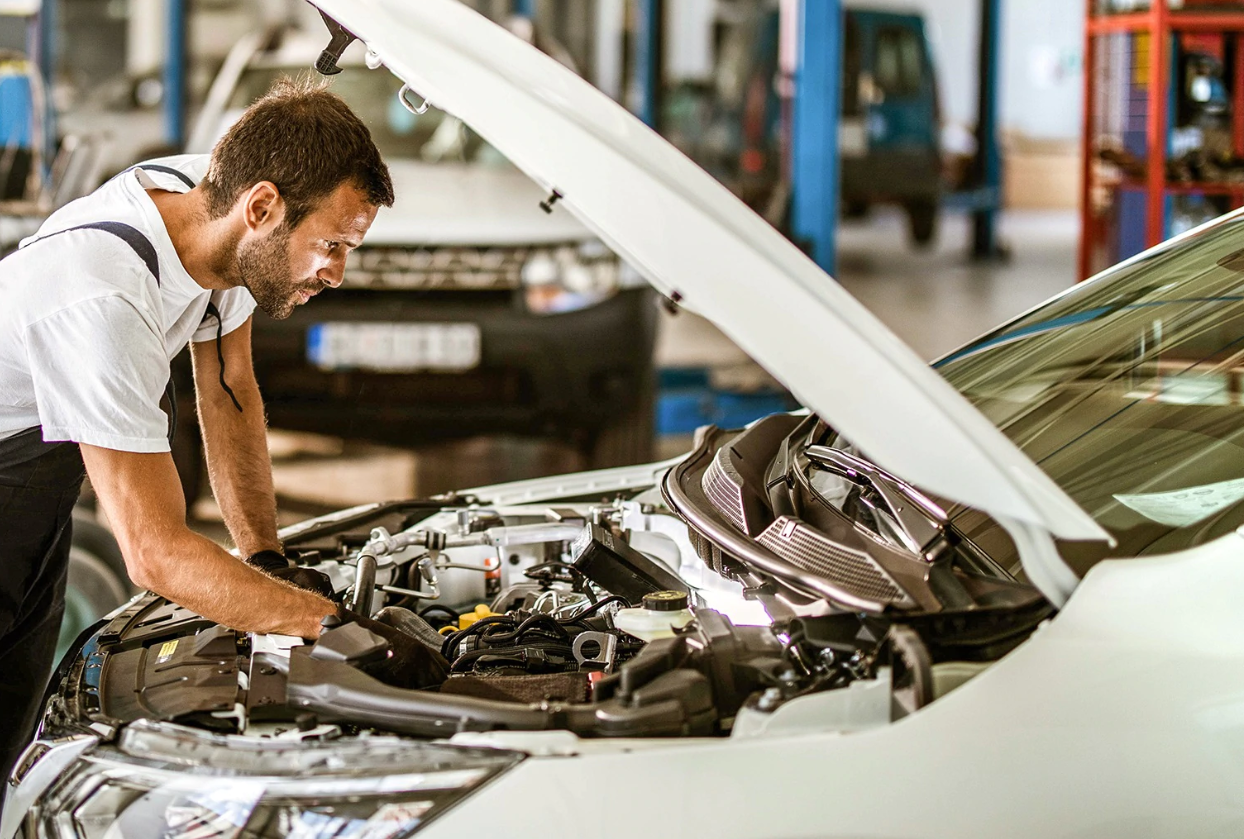Accidents sometimes happen despite companies’ and drivers’ preparation and adherence to safety practices. Some risks and challenges come with driving a massive vehicle that weighs tens of thousands of tons.
Unfortunately, it is essential to know who’s at fault if an accident happens. This defines where the liability of each party starts and ends. If you’re the truck driver, you might have to defend yourself while facing mounting costs in damages. Furthermore, specific rules vary per state. If you’re wondering why do you need a Phoenix truck accident lawyer, the answer is to have someone to bail you out.
To help get you started, here are a few considerations in determining who’s at fault after a trucking accident:
Common causes of truck accidents
Trucking Statistics in Colorado reveal that apart from driving under the influence and overspeeding, the other causes of truck accidents are:
- Lack of proper vehicle maintenance. Maintenance is essential in working with any machine to ensure that they are working correctly. You’ve probably heard stories of drivers losing their brakes or accelerating uncontrollably, later found to be caused by faulty parts.
- Distracted driving. Driving requires total focus and attention. Even if you’re not driving a truck, texting, or doing anything else that would keep your eyes off the road is strictly discouraged. When proven, this could be considered as grounds for negligence.
- Fatigue. While it may not look like it, driving is a physically demanding activity, even more, if you’re handling a heavy vehicle. Truck companies now set schedules and driving hour limits per week for their drivers.
- Inexperience. Hiring a truck driver is a meticulous process, often requiring several qualifications. Skipping the necessary procedures in hiring one might result in dangerous consequences, and the company might be at fault.
- Oversized loads. There are different regulations set to prevent overloading, yet there are still larger loads than usual. Take note that these loads, such as vehicles and equipment, require additional care and skill in transporting.
- Hazardous weather conditions. Experienced truck drivers can navigate rain or snow. However, they should also exercise prudence in assessing when to wait out. Driving a heavy vehicle under slippery roads could cause them to slip, slide, and skid off the road.
Understanding the legal principle of negligence
One critical aspect in determining fault in these incidents is the legal principle of negligence. Negligence translates to the failure to exercise or lack of fulfilling their ‘duty of care’ or simply being careless. In an accident, the more negligent party will be determined to be the one at fault. Both insurance companies and courts use this in settling related disputes.
This also explains why responding law enforcement agencies investigate for clues that can help determine negligence. Policemen interrogate the people involved in the accident, both drivers and passengers, and eyewitness testimonies from people who saw the accident, if any. In filing their report, the police usually provide a professional opinion that includes additional information such as traffic and environmental conditions to see if these factors played a part.
Who might be liable in the event of an accident
Truck accidents are a few stages different from the usual incident involving two motorists. It requires thorough investigations that might find fault in one of the following parties. When negligence is found on their part, then they must answer for causing the accident.
The truck driver
Human error in these scenarios most commonly falls to the driver. There are a lot of factors that can point to driver error, such as being tired, distracted, under the influence of alcohol and drugs, and more. They can even be liable if they’re found to have forged their qualifications.
Truck manufacturers
Faulty or defective parts sold to the company or provided to the driver are the manufacturer’s liability. They have a legal responsibility to ensure the quality of the products and services they provide. Their responsibilities extend from the vehicle design to manufacturing parts to properly informing clients through marketing efforts.
Trucking company
Companies are also responsible for their drivers. They must set aside a budget for regular maintenance and ensure that drivers don’t work more hours than they physically can.
Maintenance providers
If vehicle maintenance is outsourced, then it’s the service provider’s responsibility to ensure that the truck runs as it should. Depending on the investigation results, third-party maintenance companies usually share the liability with the company.
Cargo companies/loaders
Cargo or loading companies are in charge of loading their products onto the trucks. There are specific weight and balance considerations, and failure to exercise diligence in this process can contribute to an accident.
Liability doesn’t necessarily fall into the hands of a single party, as multiple factors might have contributed to the truck accident happening. However, negligence must be established to prove who’s at fault, whether accidentally or intentionally.
Takeaway
Trucking accidents are hazardous and life-changing events that everyone tries to avoid at all costs. However, should the unthinkable happen, it is essential to thoroughly examine available information and accurately identify who’s at fault. This is a highly technical matter; make sure you have the professional help you need. If you ever wind up in one, contact a lawyer immediately to ensure you don’t face this harrowing experience unarmed.



